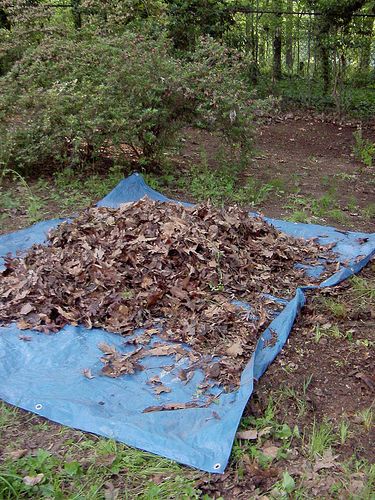
I know we’re still harvesting tomatoes, zucchini, fruit and the like but the weather and light change are hinting that another season is at an end. Forewarned is forearmed, am I right? Some of us are planting fall or winter gardens and some of us aren’t. In any case, our gardens and yards will benefit if we tend to the less-than-exciting-duties of the fall clean-up.
Garden waste, leaves, and compost
The first thing I do when I set about to get my yard and garden in order is pull out the spent vegetables and annuals. These usually get tossed into my compost pile along with any weeds I find (if they haven’t gone to seed). I make sure to toss some of the ruined veggies into my worm bins as well as into the chicken yard.
I pile raked leaves into a wire hoop bin where they’re destined to break down into leaf mold. If it’s just a small amount of leaves, I’ll toss them to the compost pile. Another idea for leaves is to spread them across your harvested veggie bed and dig them into the soil a bit so they stay put.
When leaves break down, they make the soil wonderful to work with for spring planting. In fact, if you have a vegetable bed that you’re not using until spring, spread some compost or manure several inches deep and let it sit until the warm weather arrives again. You’ll be handsomely rewarded with loamy garden soil for your efforts.
If you haven’t ever composted before, there’s no time like the present. Pile your leaves, straw, grass clippings, yard trimmings, spent veggies into a pile and start one today. Once you see the amazing amendment your organic waste creates, you’re going to be smitten.
Pick up the pots
Next, I walk through every area of my yard keeping my eyes open for broken and empty pots. If the pots can’t be recycled in some way, I discard them. I store the empty pots in the shed or greenhouse for the winter. Next spring I’ll replant the pots and they’ll go out again. I also pick up fallen branched and twigs and put them in a small brush pile to either be chipped for mulch or hauled away. One of the benefits to removing unnecessary stuff on the ground is that it give slugs, snails, fungi and the like less places in my yard to over-winter.
Dispose of diseased plant matter
While walking through the yard and gardens I also look for signs of disease on my plants like leaf spot, powdery mildew, and rust. If you see any of these on your plants, remove the affected leaves and branches as well as any debris on the ground. These plant clippings need to be discarded into a trash can. Don’t put them in your compost pile because although a hot pile can destroy some diseases, others don’t give up so easily and you could end up spreading disease all over your garden. There’s no reason to go looking for trouble.
TLC for garden tools
After you’ve tended to your garden and yard, you’ll certainly want to take the time to give a little love to your hard-working tools. To kill possible diseases and pathogens, dip the business end of the tools into a bleach water solution (1 part bleach to 3 parts water). Tools need some attention about twice year – yes, even if you’re going to use them in the winter. Then lightly coat them with a little oil to keep the rust at bay and be sure to put them inside the tool shed, garage, or other sheltered place to wait out the cold months.
Fine Gardening Recommended Products
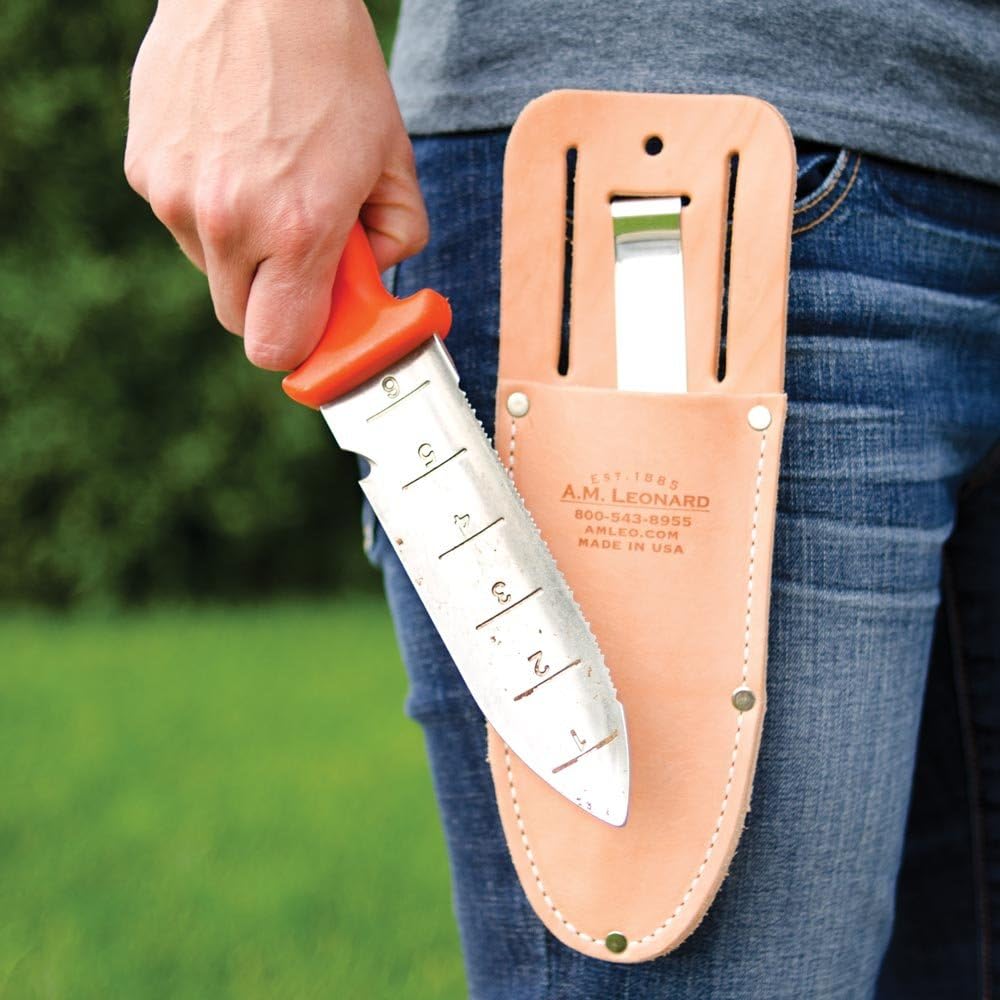
A.M. Leonard Deluxe Soil Knife & Leather Sheath Combo
Fine Gardening receives a commission for items purchased through links on this site, including Amazon Associates and other affiliate advertising programs.
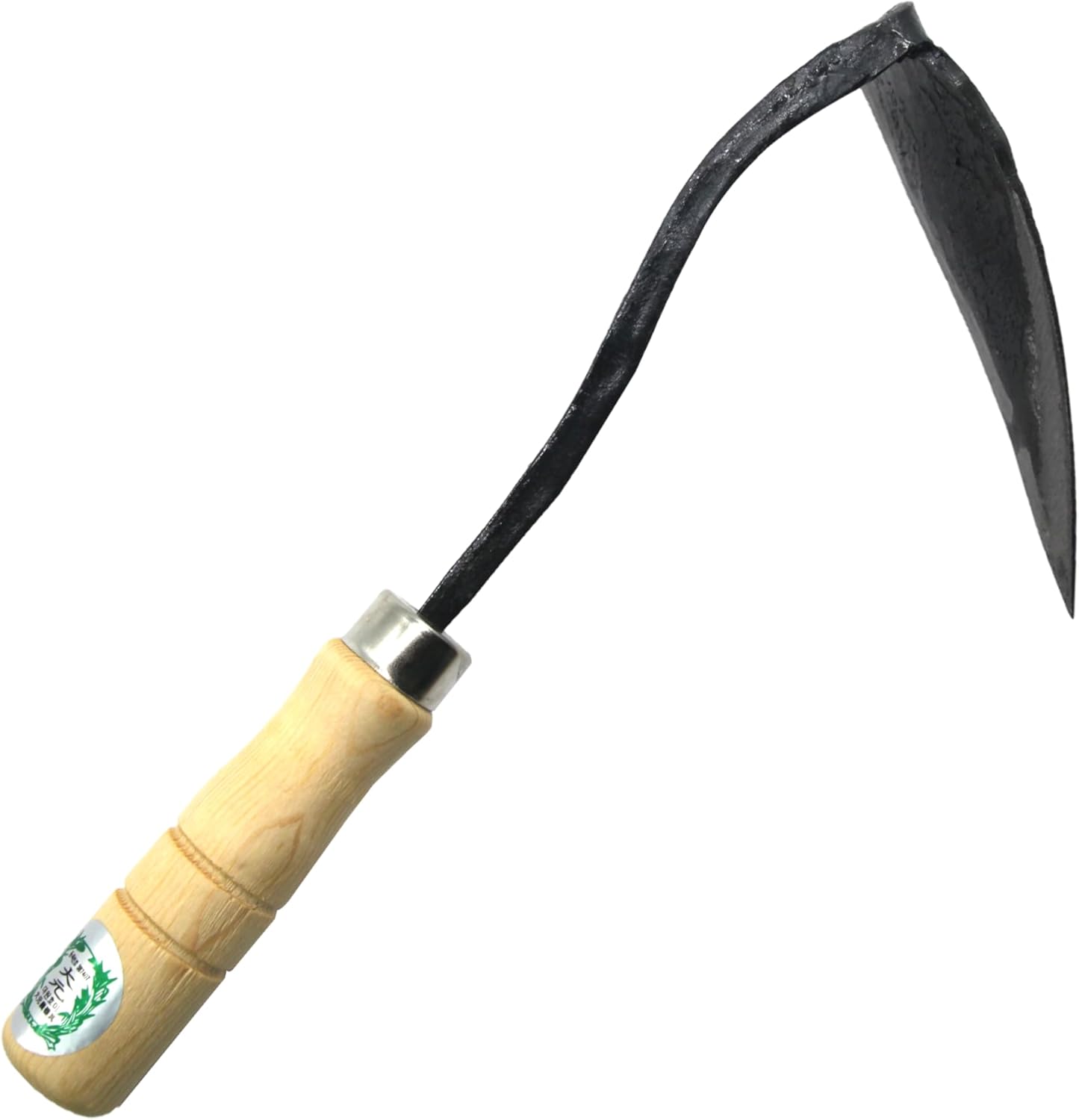
Ho-Mi Digger - Korean Triangle Blade
Fine Gardening receives a commission for items purchased through links on this site, including Amazon Associates and other affiliate advertising programs.


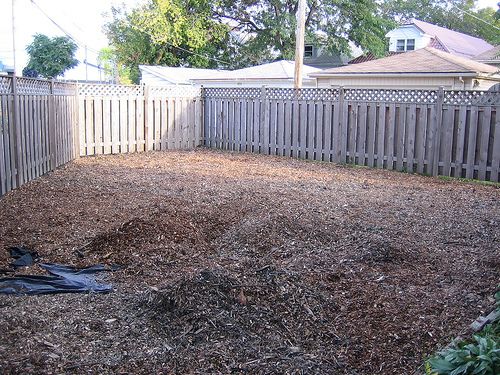
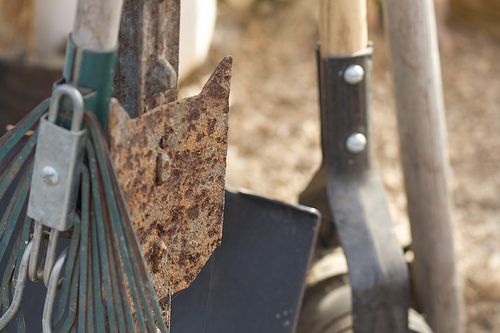





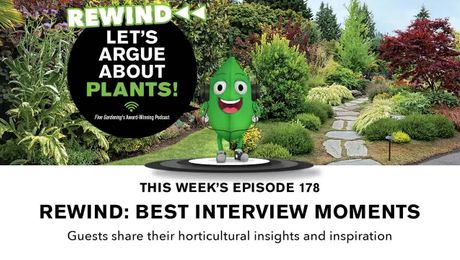











Comments
Log in or create an account to post a comment.
Sign up Log in